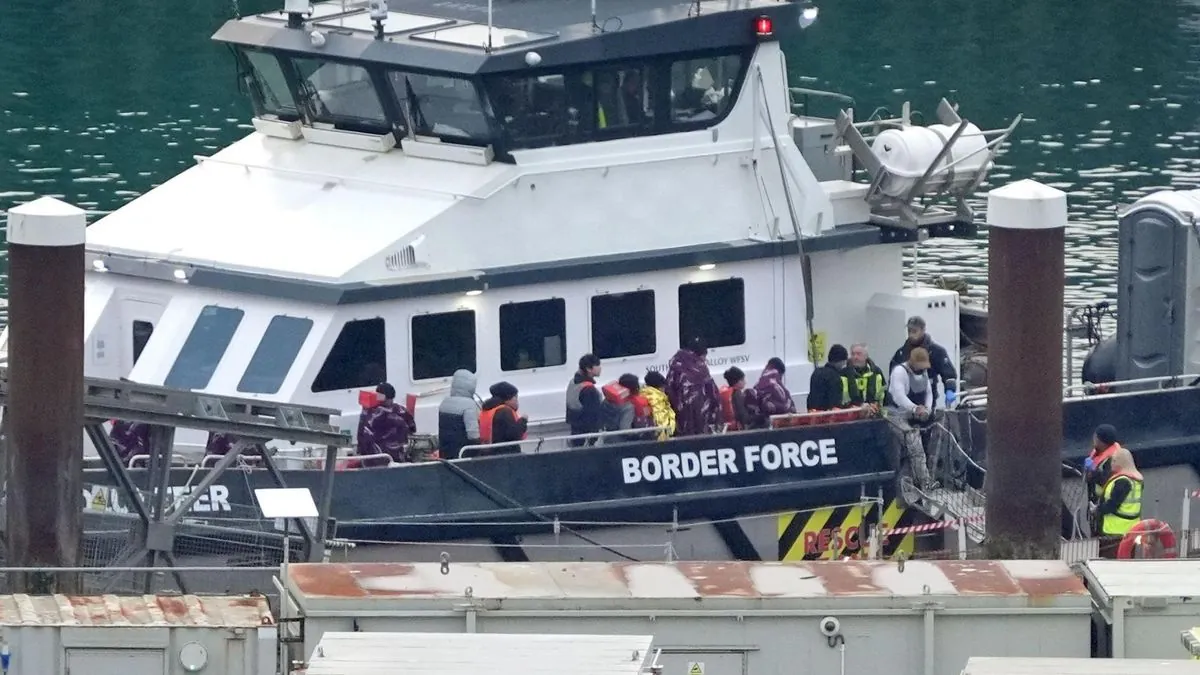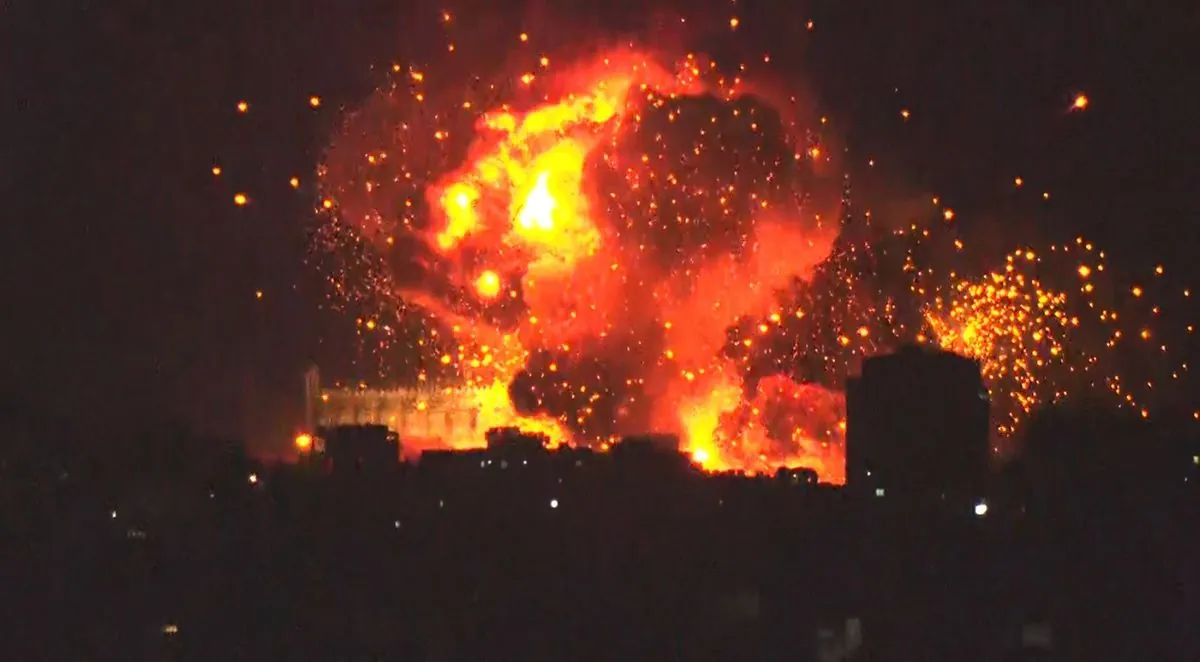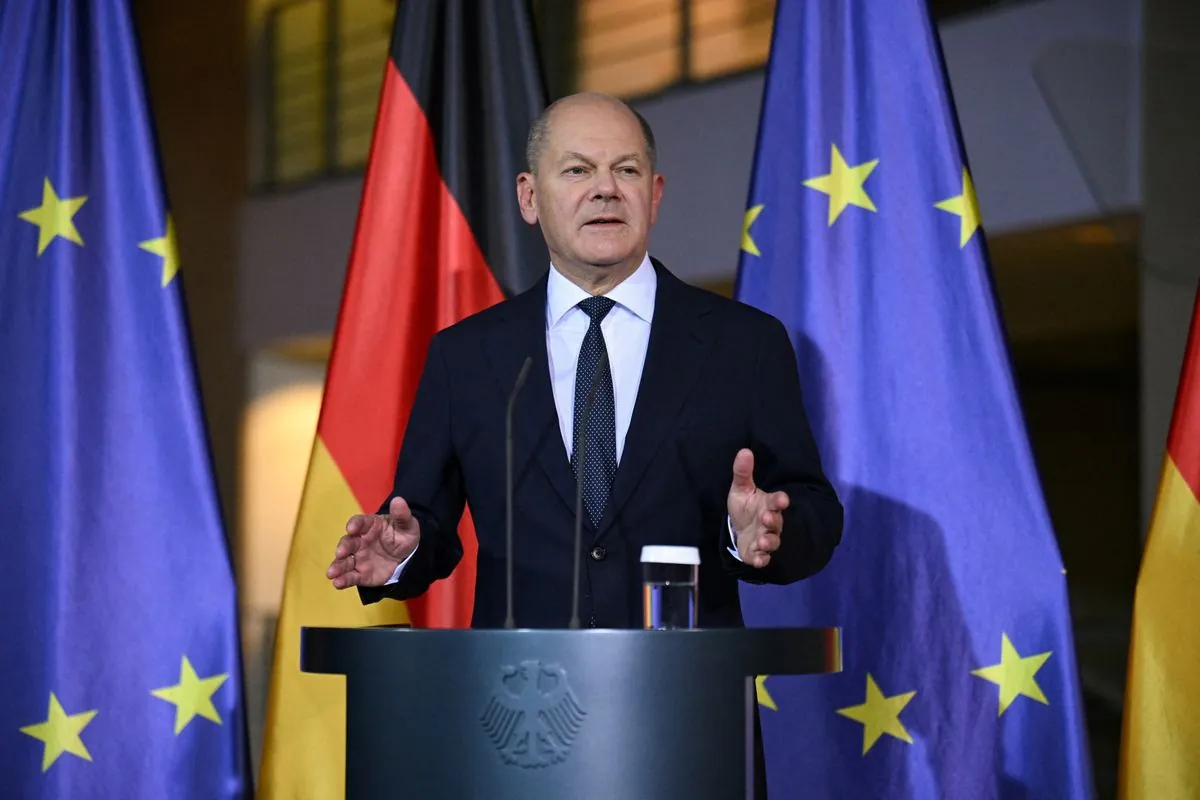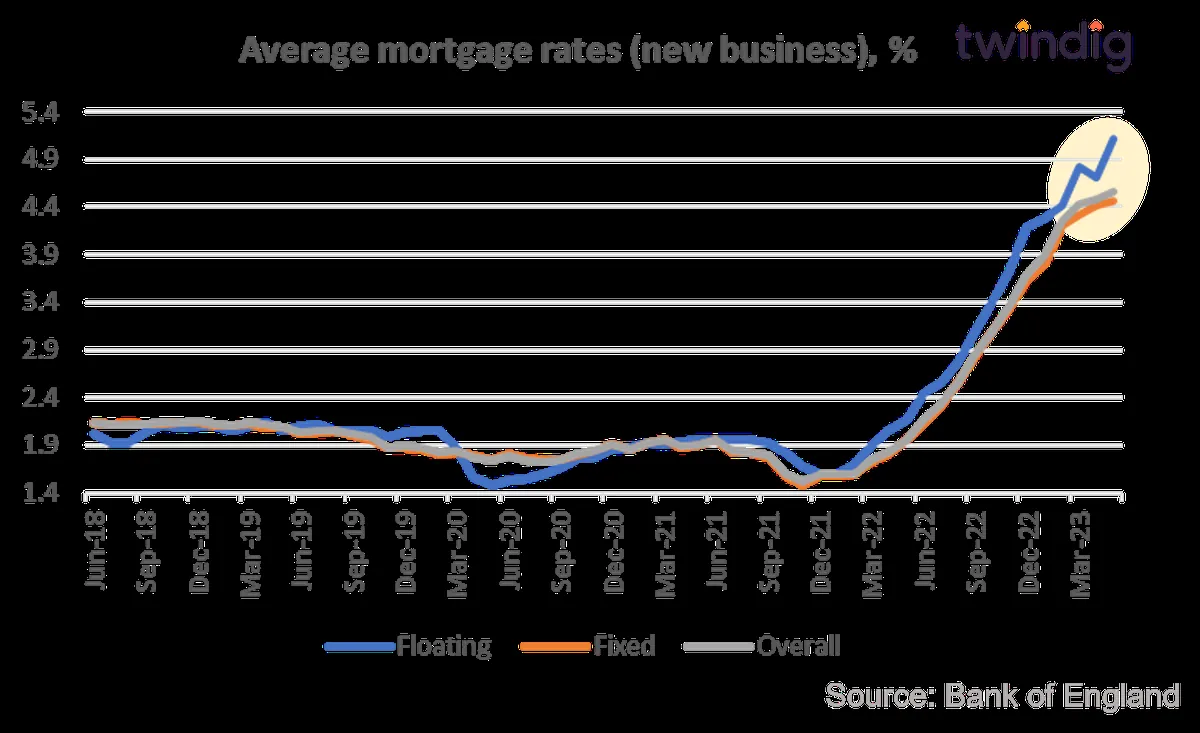Colombia
Colombia, officially the Republic of Colombia, is a country primarily located in South America with insular regions in North America. The Colombian mainland is bordered by the Caribbean Sea to the north, Venezuela to the east and northeast, Brazil to the southeast, Ecuador and Peru to the south and southwest, the Pacific Ocean to the west, and Panama to the northwest. Colombia is divided into 32 departments. The Capital District of Bogotá is also the country's largest city hosting the main financial and cultural hub. Other major urbes include Medellín, Cali, Barranquilla, Cartagena, Santa Marta, Cúcuta, Ibagué, Villavicencio and Bucaramanga. It covers an area of 1,141,748 square kilometers and has a population of around 52 million. Its rich cultural heritage—including language, religion, cuisine, and art—reflects its history as a colony, fusing cultural elements brought by immigration from Europe and the Middle East, with those brought by the African diaspora, as well as with those of the various Indigenous civilizations that predate colonization. Spanish is the official language, although Creole, English and 64 other languages are recognized regionally.
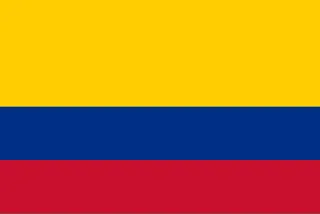
Some of the key events about Colombia
- 1810The Colombian War of Independence began, leading to years of conflict and bloodshed
- 1819Colombia gained independence from Spain
- 1899The National Library of Colombia was founded in Bogotá
- 1899The Thousand Days' War erupted, resulting in an estimated 100,000 deaths
- 1928The Banana Massacre occurred, where striking workers were killed by the Colombian military
- 1948The assassination of a popular political leader sparked a period of civil conflict known as "La Violencia"
- 1954Television broadcasting began in Colombia
- 1957Women gained the right to vote in Colombia
- 1964The Colombian conflict began, involving guerrilla groups, paramilitaries, and government forces
- 1967The Barranquilla Carnival was declared a National Cultural Heritage
- 1984Colombia's Cartagena was declared a UNESCO World Heritage Site
- 1985The Palace of Justice siege in Bogotá resulted in the deaths of over 100 people, including 11 Supreme Court justices
- 1989The Avianca Flight 203 bombing killed 107 people in a terrorist attack
- 1991A new constitution was adopted, strengthening democracy and human rights
- 1999A 6.1 magnitude earthquake struck Colombia's coffee-growing region, killing over 1,000 people
- 2000Plan Colombia was implemented, leading to increased militarization and controversial aerial fumigation of coca crops
- 2012The government and FARC rebels began peace talks to end the long-running conflict
- 2015UNESCO declared Colombian coffee cultural landscape as World Heritage
- 2016A historic peace agreement was signed, ending the 52-year conflict with FARC
- 2017A landslide in Mocoa killed over 300 people and left hundreds more missing
Disclaimer: This material is written based on information taken from open sources, including Wikipedia, news media, podcasts, and other public sources.
